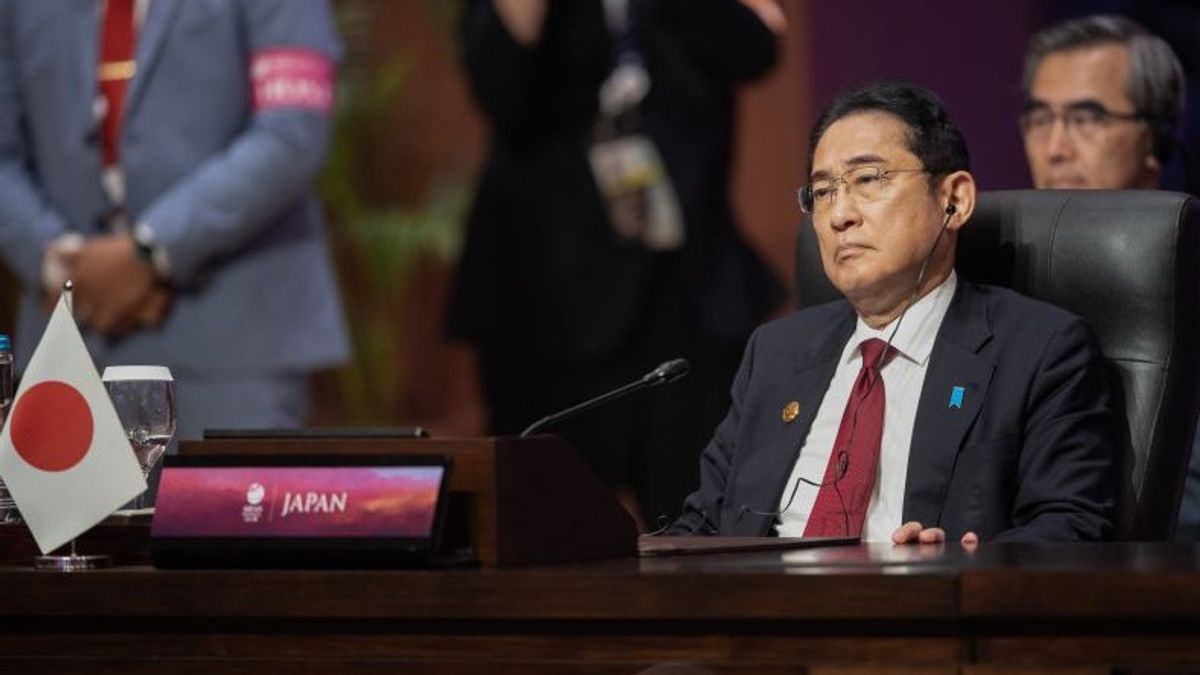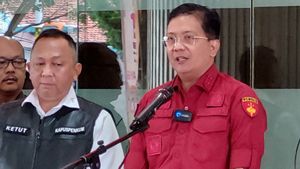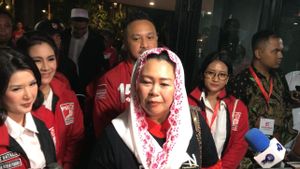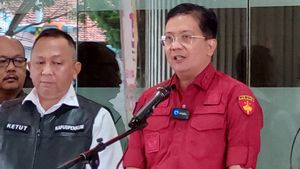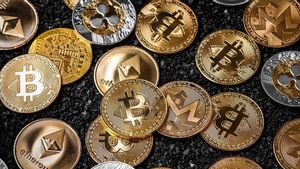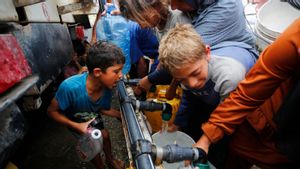Japanese Prime Minister Fumio Kishida claims the G20 understands the safety of the process of releasing nuclear waste water from the paralyzed Fukushima nuclear waste plant into the sea.
Although China called the move a danger to maritime and human health environments, in a press conference after the G20 summit in New Delhi, India, on Sunday (10/9), Japan will seek to establish a stable relationship with Beijing, Kishida said.
However, Japan will continue to urge China to immediately lift the ban on imports of Japanese seafood imposed by Beijing as soon as radioactive water is released last August.
Kishida asked Beijing to take "responsible" actions.
On the other hand, China criticized Japan for disposing of nuclear waste water into the Pacific Ocean from PLTN Fukushima, which was destroyed by a devastating earthquake and tsunami in March 2011.
As reported by ANTARA from Kyodo, Monday, September 11, a Japanese government official quoted Kishida as saying at one of the G20 Summit sessions on Saturday (9/9), regarding "certain countries that commit unusual acts". This statement seems addressed to China.
VOIR éGALEMENT:
The G20 summit was held amid a deepening division between member states over Russia's invasion of Ukraine.
This crisis has disrupted energy and food security around the world and has disrupted the stability of global economic conditions since February 2022.
There are concerns that G20 leaders will fail to finalize the declaration during the summit, diplomatic sources said, but they managed to adopt a declaration on Saturday agreeing not to condemn Russia's aggression against Ukraine.
If the G20 fails to produce a joint statement, then it could be the first time this has happened since the inaugural summit in 2008.
The English, Chinese, Japanese, Arabic, and French versions are automatically generated by the AI. So there may still be inaccuracies in translating, please always see Indonesian as our main language. (system supported by DigitalSiber.id)
